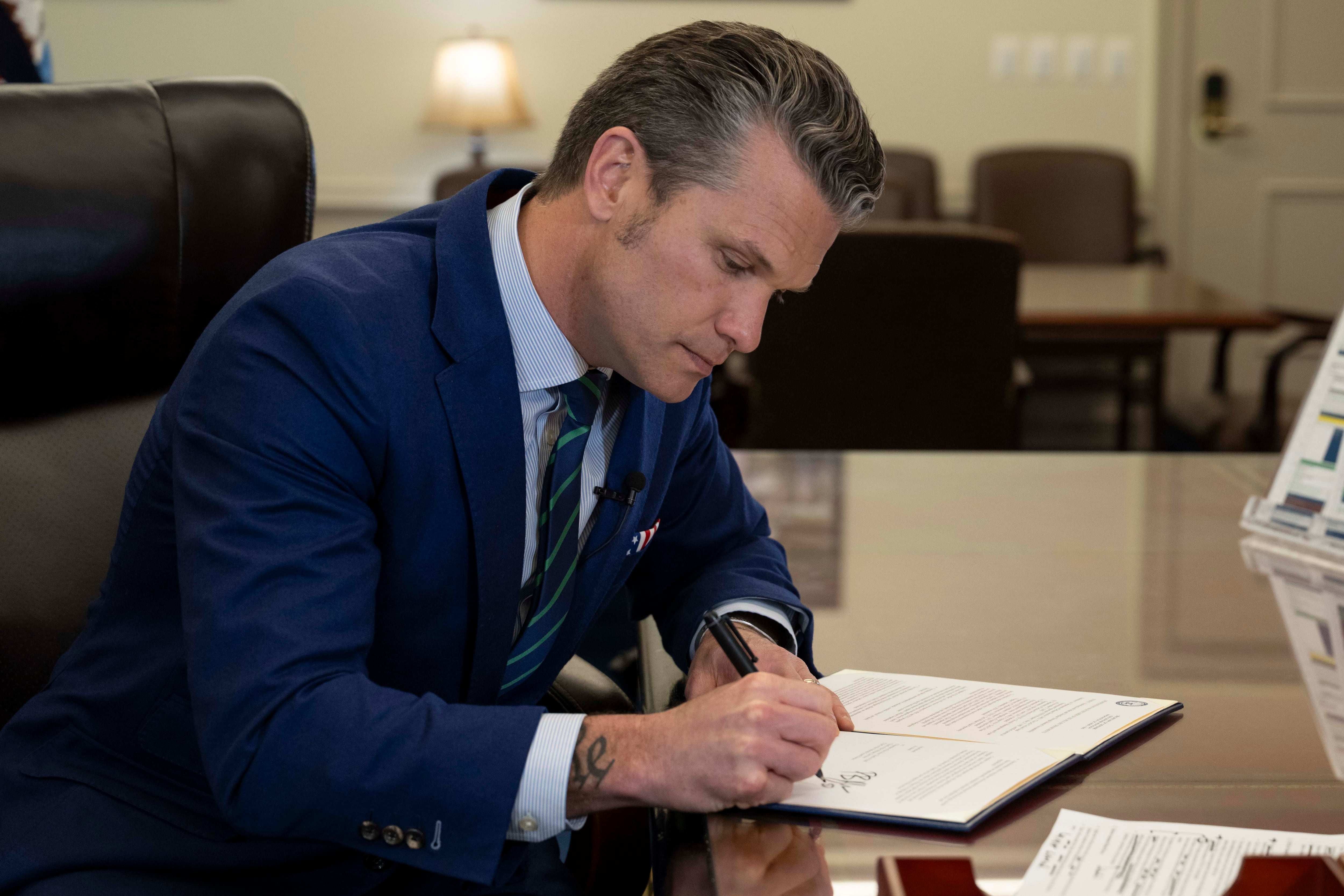BAGHDAD — Iraq's parliament on Wednesday approved next year's budget of nearly 106 trillion Iraqi dinars, or about $89.7 billion, even as the country is embroiled in a costly war against the militant Islamic State group.
Iraq holds the world's fourth largest oil reserves, some 143.1 billion barrels, and oil revenues make up nearly 95 percent of its budget. But like other oil-reliant countries, Iraq's economy has suffered due to plummeting oil prices since last year.
The budget will run with a deficit of over 24 trillion dinars (about $20.5 billion) that are planned to be relieved through loans from local and international lenders. Its calculations are based on an assumed oil price of $45 a barrel, with an average daily crude oil output of 3.6 million barrels.
The country's 2015 budget stood at nearly 119.6 trillion Iraqi dinars (about $102.5 billion) and ran with a deficit of 25 trillion dinars (about $21.4 billion). It was based on an expected price of $56 per barrel, with a daily export capacity of 3.3 million barrels — but those goals were not fully realized.
In the summer of 2014, Iraq was plunged into its worst crisis in the aftermath of the withdrawal of U.S. troops at the end of 2011. The Islamic State group — which emerged out of al-Qaida's branch in Iraq — blitzed across vast swaths of Iraqi territory, including the country's second largest city, Mosul, and captured nearly a third of Iraq. The IS subsequently declared a self-styled caliphate on lands under its control in Iraq and also in neighboring Syria.
Since then, Iraqi government forces, Iraqi Kurdish fighters and Shiite and Sunni militias have struggled to claw back territory and with the help of U.S.-led airstrikes, managed to regain some land taken by IS.
Reeling from the costly war, Iraqis introduced austerity measures earlier this year — eliminating government posts, merging some ministries, halting spending on construction projects and imposing new taxes to pay for civil servants and fund its military.
Iraq's government has tried to issue bonds worth billions of dollars to narrow the deficit. It also secured $1.7 billion in loans from the World Bank and an $833 million loan from the International Monetary Fund.
The harsh economic situation also forced Iraq to revive a long-delayed plan to redenominate the Iraqi dinar by knocking three zeroes off the nominal value of its banknotes. The plan is set to be implemented by 2017, including a restructuring of the dinar by issuing two large banknotes — a 50,000 dinar note before the end of this year, and a 100,000 dinar banknote next year — and canceling smaller denominations.
Despite hundreds of billions in oil revenues and international aid since 2003, Iraqis still suffer from shabby public services and a weak economy due to endemic corruption and poor financial management, with many senior appointments determined by party patronage and sectarian loyalties.





